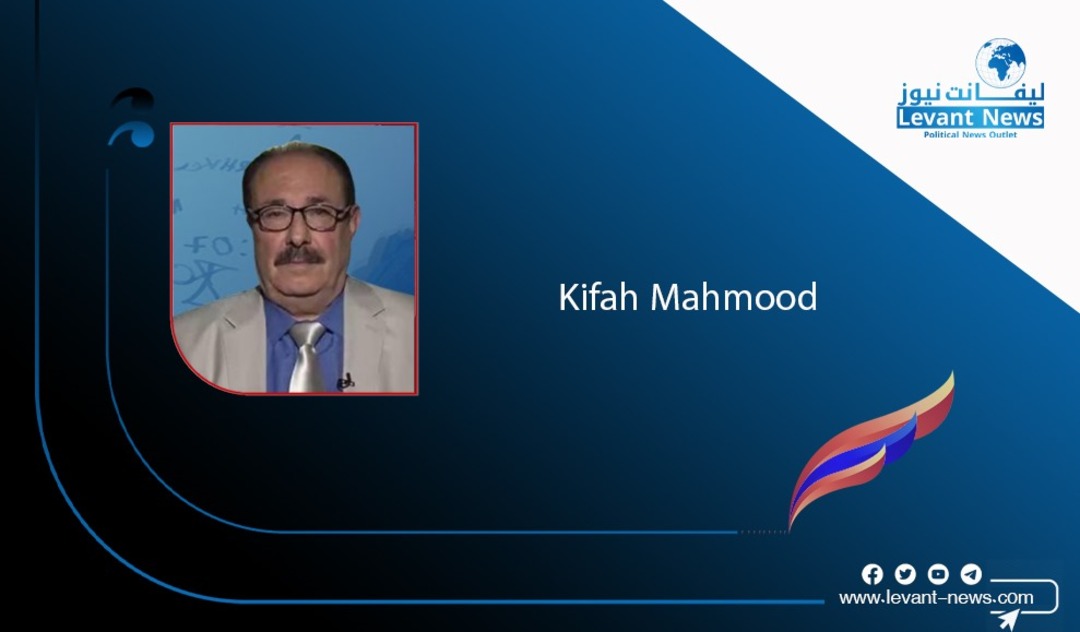-
A Miserable Democracies

After bitter experiences lived by our peoples in cloning Western democracy based on the American and British models, it has become clear that these models have failed in our social and political environment. These systems emerged in different historical and cultural contexts, while our reality is still governed by tribal structures, religious heritage, and social customs that impose their logic on daily political behavior. As a result, democracy here has turned into a chaotic conflict, managed by ignorance and amateurs who found in the ballot box a means to dominate decision-making and governance.
Today, there is an urgent need to seek a governance model that suits the psychology and composition of our societies. Instead of blindly admiring democracies that are unsuitable for our reality, we should think about a model based on our wise and knowledgeable figures. This could be a Consultative Council representing social forces, intellectual references, and national symbols. This council should not be based on quotas or numerical dominance but on competence, expertise, and wisdom, serving as the collective mind that guides the state and balances its components.
However, this option is not intended to be a permanent system but a transitional form extending for at least a decade. During this phase, wise men and elites should be given the opportunity to initiate a radical change in educational methods and to reshape the awareness of future generations on more rational and open foundations, away from tribal, regional, and sectarian fanaticism.
This is a necessary period to diminish the influence of traditional mentalities that still govern political and social behavior, and to build a comprehensive concept of true citizenship that places loyalty to the homeland above all else.
At the heart of this model stands a wise leader, with broad powers but committed to the high values of the nation, away from the logic of despotic individual leadership or electoral chaos. A leader who possesses legitimacy derived from the trust of the Consultative Council and popular consensus, not from corrupt electoral deals or ballot box manipulation. Thus, a balance is achieved between a decisive individual leadership and collective oversight that represents the conscience of the nation, in harmony with our social and religious customs.
This transitional phase is not a rejection or denial of democracy but a preparation for its proper implementation. Democracy cannot be built on unstable foundations or societies that have not yet liberated themselves from tribal and regional burdens. It is a fruit that requires fertile soil, which in our case must be prepared through educational reform, strengthening citizenship, upholding the rule of law, and promoting a culture of participation rather than exclusion. After a decade or more of this new formulation, society will have reached a level of maturity that allows it to enter into a genuine democratic era based on fair competition, not chaos; on rights and duties, not narrow interests.
This proposal, therefore, is not a break with the world nor a step back, but a conscious attempt to formulate a new social contract that offers our communities the opportunity to transition from chaos to stability, from cloning to innovation. History teaches us that successful nations build their political systems on roots grounded in their culture and circumstances, not on blindly imitating the experiences of others.
Kifah Mahmoud
You May Also Like
Popular Posts
Caricature
opinion
Report
ads
Newsletter
Subscribe to our mailing list to get the new updates!




















